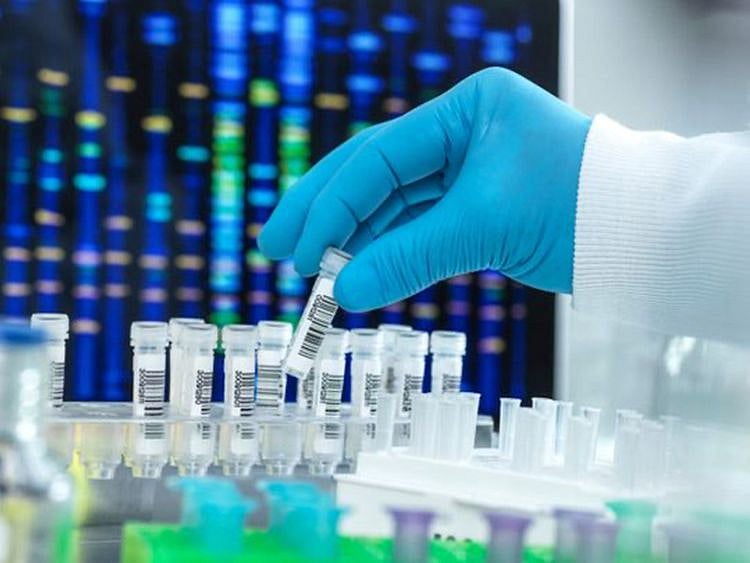Explained: Mandatory genetic tests in UAE to protect future generations
Individuals planning to get married must undergo premarital screening for mutations

Abu Dhabi: The Department of Health - Abu Dhabi has affirmed the inclusion of genetic testing as a fundamental part of the premarital screening programme for all UAE citizens planning to marry in the emirate.
The mandatory requirement came into effect on October 1.
This programme aims to reduce the spread of genetic diseases, protect future generations, and enable those about to marry to make more informed decisions for a healthier future.
The comprehensive genetic test, as part of the premarital genetic screening, requires individuals planning to marry to undergo genetic tests. These tests identify shared genetic mutations between the two parties that they may pass on to their children, potentially causing preventable diseases.
The genetic test covers 570 genes for more than 840 genetic disorders. It enhances the ability to detect genetic risks or potential hereditary conditions and is one of the most important preventive tools when planning to start a family.
It is worth noting that the period required to issue the genetic test results is 14 days. Genetic screenings are provided to all citizens in the emirate of Abu Dhabi.
Also Read
Sheikh Hamdan honours top Dubai government entitiesUAE fines and bans over 2,000 for misusing personal numbers in telemarketingSheikh Mohammed bin Rashid proud of UAE AI Minister Omar Al Olama’s inclusion in ‘TIME100 Next’ listWatch: UAE President, Vice President meet at Al Marmoom in DubaiWhat are the risks?
The genetic test includes consultations with healthcare professionals and genetic disease counsellors. It is an essential procedure to gain a comprehensive understanding of potential risks and available treatment options. Common genetic mutations between couples may result in children suffering from vision and hearing loss, blood clotting issues, developmental delays, organ failure, hormonal imbalances, severe seizures, and other conditions.
This initiative follows the success of the pilot phase launched in 2022, during which the Department of Health supported more than 800 couples in Abu Dhabi with genetic testing to enable them to make informed decisions before marriage. The test showed that 86 per cent of couples were genetically compatible, while 14 per cent required additional intervention and the establishment of an appropriate plan to start their families based on their genetic results.
What is genetic testing?
Genetic testing is a type of medical test used to identify changes or mutations that may occur in the deoxyribonucleic acid (DNA). It is useful in many areas of medicine.
A doctor can use the results of genetic testing to help determine the care that you or a family member might need.
How is genetic testing performed?
When a person decides to undergo genetic testing, a specialised doctor can carry out the test. It is often conducted as part of genetic counselling and follows these steps:
The doctor collects one of the following samples:
The sample is then sent to a laboratory, where lab technicians look for specific changes in:
The doctor will be informed of the results, depending on the suspected disorder.
What are the types of genetic testing?
Genetic testing can provide information about a person’s genes and chromosomes. The available types of tests include:
Network Links
GN StoreDownload our app
© Al Nisr Publishing LLC 2026. All rights reserved.